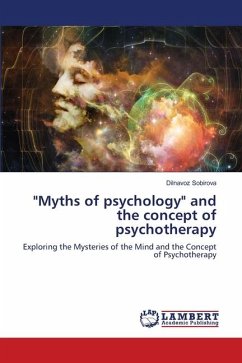For Frankl, the question of meaning is not merely a philosophical topic for elitist circles of patients. On the contrary, it has vital significance for every man and is therefore not conditioned by age or gender, cultural background or intellectual training. Every man asks himself - consciously or unconsciously - about meaning, because he believes in meaning "whether he wants to or not," says Frankl, "and although he may deny it, man believes in meaning to the last breath. The suicidal person also believes in a sense, if not of living, at least of surviving death. If he actually disbelieved in any meaning, he would no longer be able to move a finger." (Uwe Böschemeyer) Based on the statements made by social workers, we can see a human need to be in the world beyond the social conditioning factors, never simply dispensing with them or withdrawing absolutely from the social and cultural world, but managing the meanings attributed to them in this social whole and responding in termsof action and meaning, a search for the meaning of life.
Bitte wählen Sie Ihr Anliegen aus.
Rechnungen
Retourenschein anfordern
Bestellstatus
Storno








